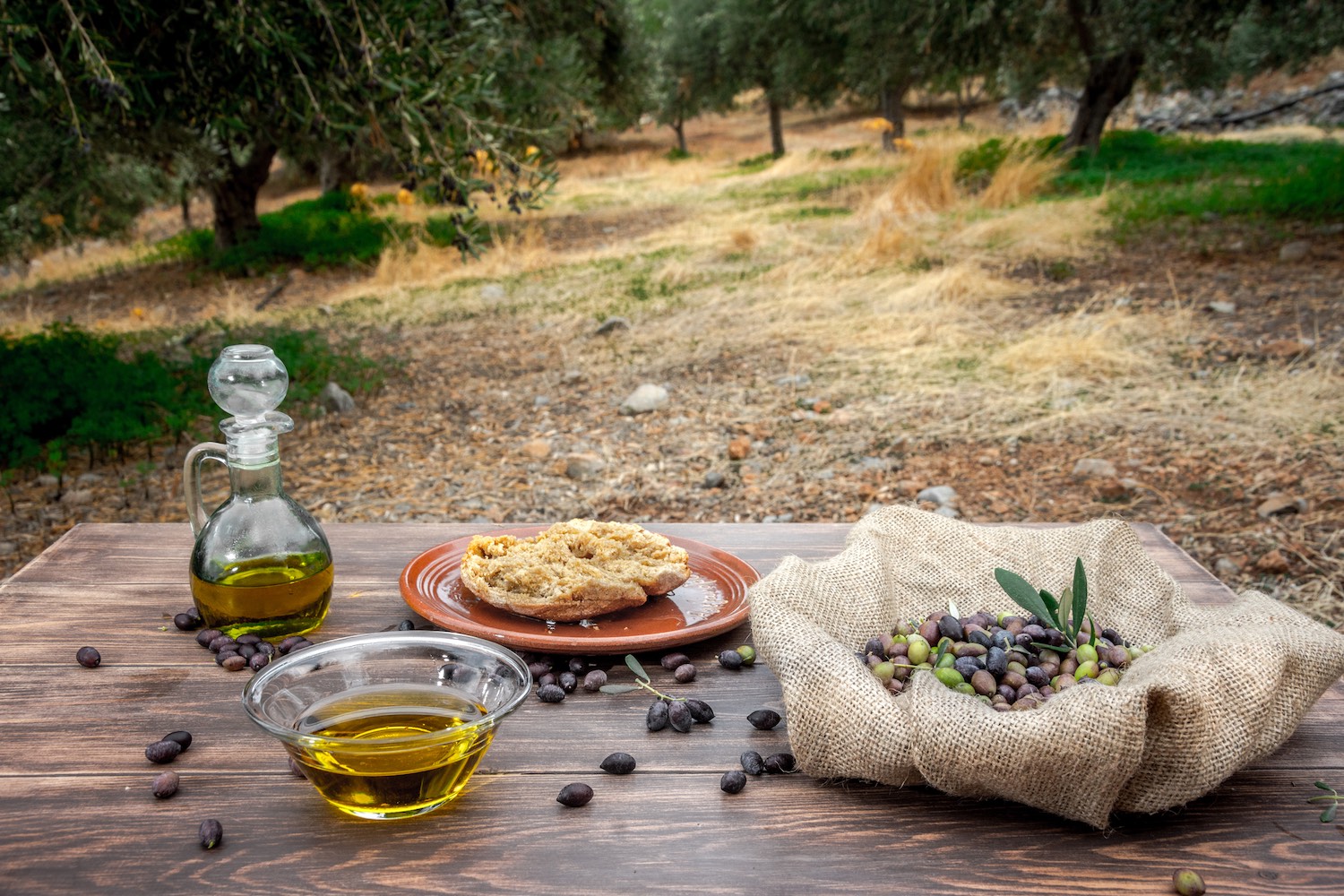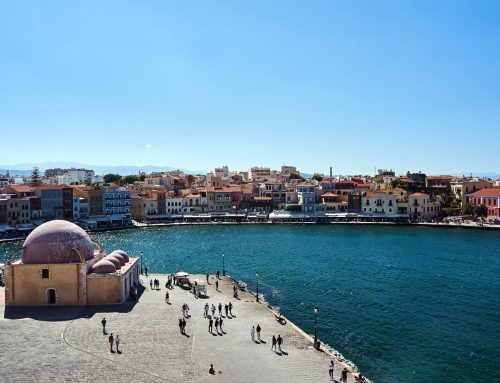“Don’t look for a medicine that can substitute the Cretan diet, there is no such thing.” – Serge Renaud, French Doctor.
The initiation to the Cretan diet should become part of your tour of Cretan culture, as it is essentially an intangible heritage that has survived the passage of centuries. Indeed, the gastronomic tradition of Crete has been turned into a subject of research by many scientists and prestigious institutions.
In Crete the visitor is not a customer, he is our guest. With undivided commitment to the values of Cretan hospitality, we aim to make you feel like Cretans and enjoy to the fullest the Cretan welfare, as it has been preserved and evolved over the centuries.
Cretan Diet and well-being
The Cretan diet, cuisine and gastronomy make up what we call the “Cretan diet”, in the sense that Hippocrates put the term diet as a theory of well-being. “Make sure your food is your medicine and so your medicine will be your food,” Hippocrates said 2,500 years ago. So in our hotel, we build our nutritional pyramid thanks to what Cretan nature offers us. Fruits, vegetables, cereals, honey, combined with nuts, cheese and wine, will make you feel the well-being of the Cretan diet.
Cretan nutrition and Mediterranean Diet
Although the term “Mediterranean Diet” has become prevalent, the Cretan diet has, in fact, very little in common with the dietary habits of other Mediterranean countries. Even with regard to olive oil, which is considered the basis of the Mediterranean Diet, the average Cretan is estimated to consume about 30 kg per year, while the average Mediterranean consumes 0.5-10 kg – and this is not extra virgin as it is in Crete. Both the incomparable quality of olive oil and the unique Cretan dishes are some of the main reasons why you should visit Crete.







